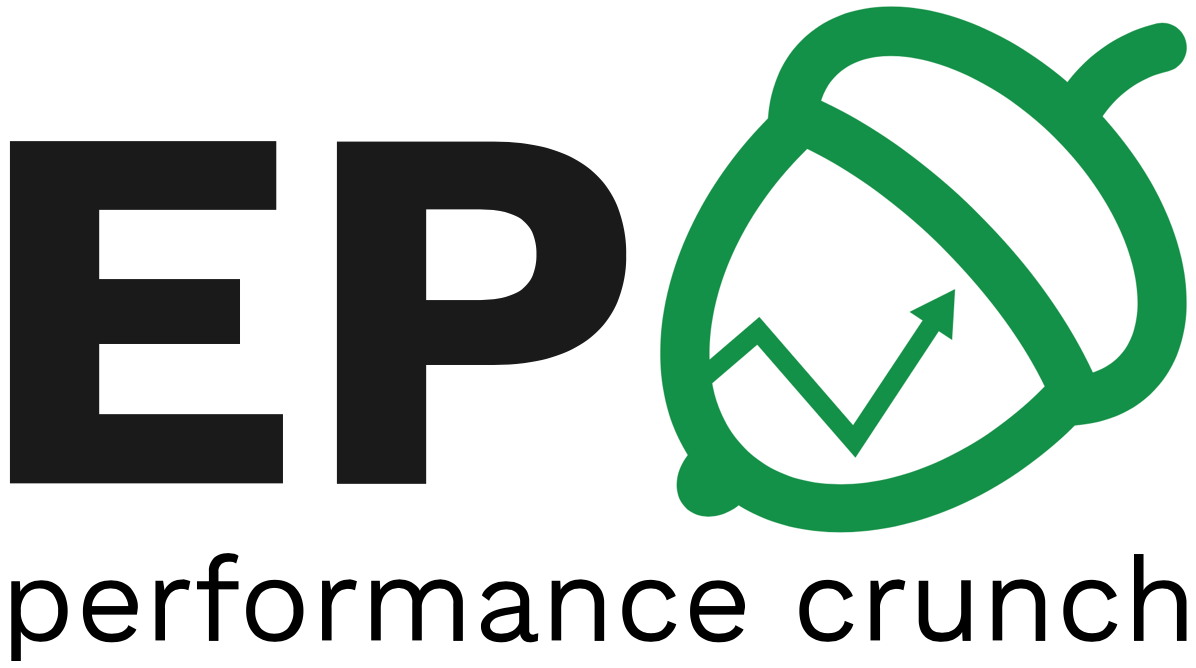Differences
This shows you the differences between two versions of the page.
|
ep:labs:10 [2021/12/04 16:17] vlad.stefanescu [References] |
ep:labs:10 [2025/02/11 22:58] (current) cezar.craciunoiu [Lab 9 - Machine Learning Optimization] |
||
|---|---|---|---|
| Line 1: | Line 1: | ||
| - | ====== Lab 10 - Machine Learning ====== | + | ====== Lab 10 - Machine Learning Optimization ====== |
| ===== Objectives ===== | ===== Objectives ===== | ||
| - | * Understand basic concepts of machine learning | + | * TODO |
| - | * Remember examples of real-world problems that can be solved with machine learning | + | |
| - | * Learn the most common performance evaluation metrics for machine learning models | + | |
| - | * Analyse the behaviour of typical machine learning algorithms using the most popular techniques | + | |
| - | * Be able to compare multiple machine learning models | + | |
| - | ===== Exercises ===== | + | ===== Resources ===== |
| - | The exercises will be solved in Python, using various popular libraries that are usually integrated in machine learning projects: | + | TODO |
| - | * [[https://scikit-learn.org/stable/documentation.html|Scikit-Learn]]: fast model development, performance metrics, pipelines, dataset splitting | + | ===== Tasks ===== |
| - | * [[https://pandas.pydata.org/pandas-docs/stable/|Pandas]]: data frames, csv parser, data analysis | + | |
| - | * [[https://numpy.org/doc/|NumPy]]: scientific computation | + | |
| - | * [[https://matplotlib.org/3.1.1/users/index.html|Matplotlib]]: data plotting | + | |
| - | All tasks are tutorial based and every exercise will be associated with at least one "**TODO**" within the code. Those tasks can be found in the //exercises// package, but our recommendation is to follow the entire skeleton code for a better understanding of the concepts presented in this laboratory class. Each functionality is properly documented and for some exercises, there are also hints placed in the code. | + | ==== Google Colab Notebook ==== |
| - | <note important> | + | TODO |
| - | Because the various **tasks** and **exercises** are **spread throughout the laboratory text**, they are marked with a ⚠️ emoji. Make sure you look for this emoji so that you don't miss any of them! | + | |
| - | </note> | + | |
| + | ===== Feedback ===== | ||
| - | <solution -hidden> | + | Please take a minute to fill in the **[[https://forms.gle/NpSRnoEh9NLYowFr5 | feedback form]]** for this lab. |
| - | Solution: {{:ep:labs:lab_12_ml_revisited_solution.zip}} | + | |
| - | </solution> | + | |
| Line 42: | Line 32: | ||
| - | |||
| - | ===== References ===== | ||
| - | |||
| - | [[https://www.kaggle.com/uciml/pima-indians-diabetes-database/data|Classification Dataset]] | ||
| - | |||
| - | [[https://www.kaggle.com/zaraavagyan/weathercsv|Regression dataset]] | ||
| - | |||
| - | {{namespace>:ep:labs:10:contents:tasks&nofooter&noeditbutton}} | ||


